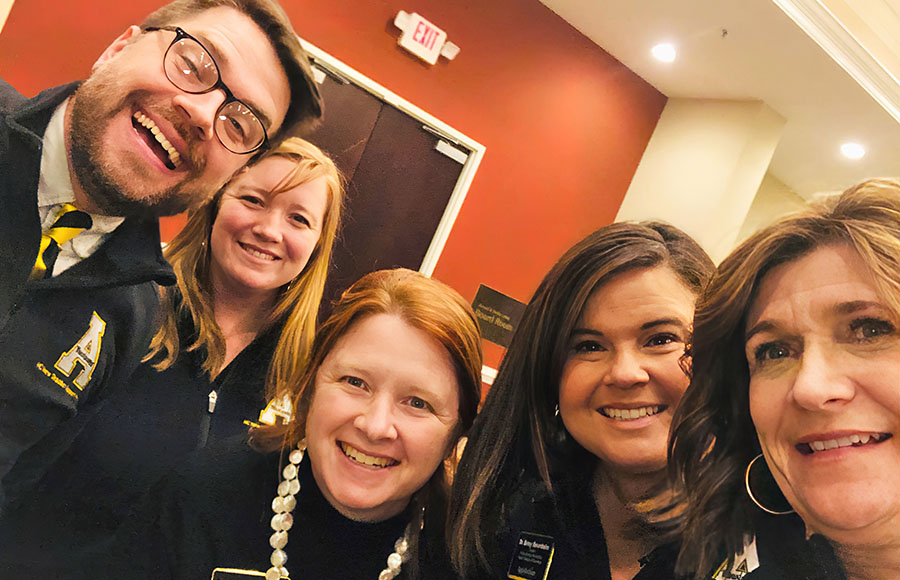
Dr. Betsy Rosenbalm ’01 ’05 ’08, pictured second from right, is App State’s director of the Public School Partnership, a collaborative program between the Reich College of Education (RCOE) and area public schools to improve education. She also serves as regional director of the North Carolina New Teacher Support Program (NC NTSP). Pictured with her, from left to right, are App State’s four new teacher support coaches: Ike Smith, Dr. Caroline Beam ’04 ’11 ’14, Maggie Murphy ’08 ’15 and Karen Walker ’94 ’98. Photo submitted
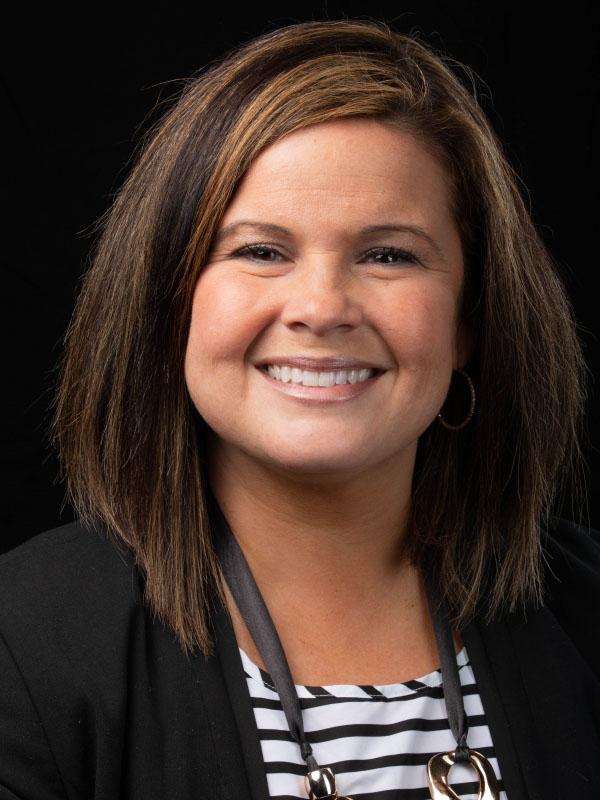
Dr. Betsy Rosenbalm ’01 ’05 ’08, director of the Public School Partnership and regional director of the North Carolina New Teacher Support Program (NC NTSP) in App State’s Reich College of Education. The Public School Partnership is a collaboration between App State and public elementary, middle and high schools in Northwestern North Carolina. Photo by Chase Reynolds
BOONE, N.C. — The first few years of teaching in K–12 schools can be tough — but extra support for the new educators makes a huge difference, said Dr. Betsy Rosenbalm ’01 ’05 ’08, director of the Public School Partnership and regional director of the North Carolina New Teacher Support Program (NC NTSP) in Appalachian State University’s Reich College of Education.
Since 2017, App State has employed new teacher support coaches to work with beginning teachers (BTs) through NC NTSP. One App State coach supported 11 BTs in two school districts during the first year, and in 2021–22 — thanks to $299,239 in grant funding — four coaches supported 127 teachers in nine school districts across Northwestern North Carolina.
Rosenbalm said the goal of NC NTSP is to improve beginning teacher effectiveness and promote teacher retention, both of which contribute to student achievement. The program, now in its fifth year at App State, provides three core services for BTs:
- Weekly coaching for each teacher enrolled.
- Professional development with workshops and educational presentations targeted to BTs, led by Rosenbalm and the new teacher support coaches.
- A statewide BT Institute each year with keynote speakers and customized breakout sessions.
The university-based program in North Carolina began in 2010 with funds from the United States Department of Education’s Race to the Top program, which has since ended. NC NTSP is a program of the University of North Carolina System and is fiscally and administratively coordinated by East Carolina University (ECU).
“One-third of state teachers are leaving the profession during their first three years,” Rosenbalm said. “The thought was, if we can just wrap support around these beginning teachers, they will be more willing to stay and not leave the profession.”
Funding for App State’s program in the first four years came primarily from participant fees paid by school districts. The grant received in 2021, which enabled the program to grow significantly across the state, came from the Elementary and Secondary School Emergency Relief Fund (ESSER) — federal funds to assist elementary and secondary schools in recovery from the impact of the COVID-19 pandemic. ECU administers the funds for all NC universities in the program.
The grant enabled App State to add three new coaches at the beginning of the 2021–22 school year: Dr. Caroline Beam ’04 ’11 ’14, Maggie Murphy ’08 ’15 and Ike Smith. Karen Walker ’94 ’98 has served as a new teacher support coach since March 2020.
“Coaches support and encourage beginning teachers both in and out of the classroom,” Rosenbalm said. “They collaborate with teachers to solve problems they may encounter, observe teaching and give feedback, provide resources and facilitate networking.”
Need for coaches accentuated by the pandemic
Murphy, who taught fourth grade and served as an instructional coach prior to joining App State’s NC NTSP, said support for BTs was particularly important this past year.
“We serve first-, second- and third-year teachers, and a lot of them did not have a traditional student teaching experience. They were student teaching during the pandemic — so many had not been in a face-to-face classroom, had never taught small group lessons and hadn’t met with other teachers in PLCs (professional learning communities),” Murphy said.
“Plus, the new teachers were dealing with students who had been disconnected and were impacted by the pandemic in a variety of ways,” she added.
“The new teachers I coached were all very good with technology and virtual experiences — but they hadn’t had practice in traditional classroom management,” Murphy said.
Beam recalled an incident she encountered this past year, when one of the teachers she was coaching was ready to quit. “It was the week before spring break, and everyone was feeling fatigued. This middle school teacher was feeling disrespected by her students and was very discouraged,” Beam shared.
Beam worked with the teacher to make a plan for the remainder of the week, then encouraged her to wait until after spring break to talk more. “We don’t do our best thinking and problem-solving when we’re fatigued,” Beam said.
After spring break, Beam said the teacher was able to focus on the issues that needed addressing and finish the year with a positive outlook. “She decided to stay on, which is great because she is really good at this work,” Beam said.
“Sometimes you just need to know you have someone in your corner,” Beam added.
An investment in support
Rosenbalm said strong partnerships with school districts in the program have shifted the attitudes of beginning teachers about working with coaches.
“There used to be a stigma associated with having a coach, with the new teachers thinking there was an issue with their performance,” Rosenbalm said. “But now they understand the NC NTSP is an investment in their success, and they see it as a privilege, as a gift.”
Jennie Weschler ’21, an App State alumna who teaches fifth grade in Watauga County, said, “My coach has been a big support this year. At first, I was nervous to have someone watch me teach, but the more I did it, the more I realized how beneficial it is. We are able to talk about things I did well and discuss suggestions for the future.”
Fourth grade teacher Heather Hatcher ’21, in Yadkin County, said being able to collaborate with her coach improves the learning in her classroom. “We are all in this together to meet the needs of our students,” she said.

Dr. Betsy Rosenbalm ’01 ’05 ’08, director of the Public School Partnership and regional director of the North Carolina New Teacher Support Program (NC NTSP) in App State’s Reich College of Education. The Public School Partnership is a collaboration between App State and public elementary, middle and high schools in Northwestern North Carolina. Photo by Chase Reynolds
What do you think?
Share your feedback on this story.
About the Reich College of Education
Appalachian State University offers one of the largest undergraduate teacher preparation programs in North Carolina, graduating about 500 teachers a year. The Reich College of Education enrolls more than 2,000 students in its bachelor’s, master’s, education specialist and doctoral degree programs, with offerings that span multiple fields — from teacher preparation, counseling, and therapy, to higher education, school and student affairs administration, library science, educational leadership and more. With over 10,000 alumni employed in North Carolina public schools, there is at least one Reich College graduate in every county in the state. Learn more at https://rcoe.appstate.edu.
About Appalachian State University
As a premier public institution, Appalachian State University prepares students to lead purposeful lives. App State is one of 17 campuses in the University of North Carolina System, with a national reputation for innovative teaching and opening access to a high-quality, cost-effective education. The university enrolls more than 21,000 students, has a low student-to-faculty ratio and offers more than 150 undergraduate and 80 graduate majors at its Boone and Hickory campuses and through App State Online. Learn more at https://www.appstate.edu.
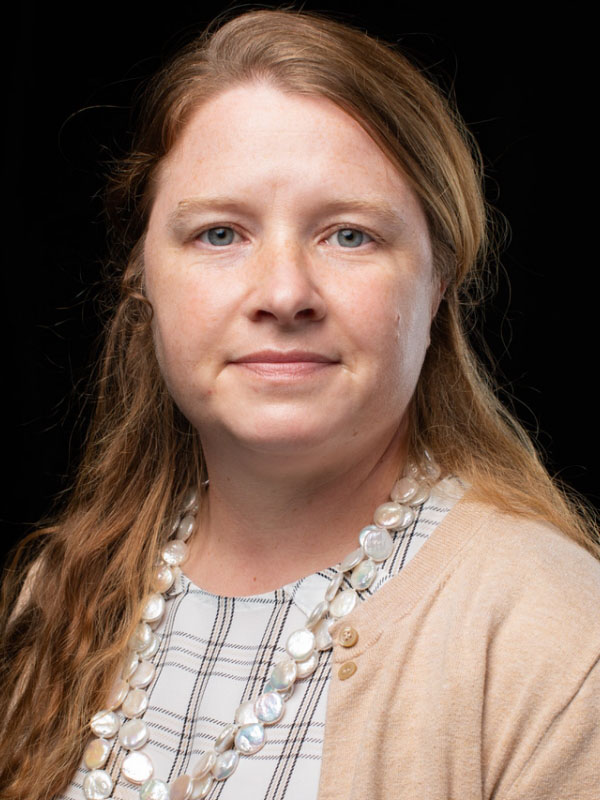
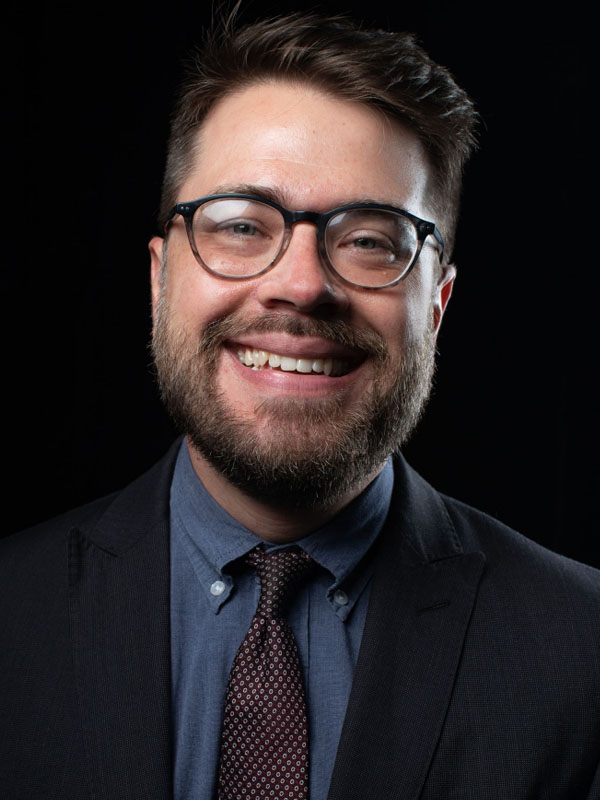
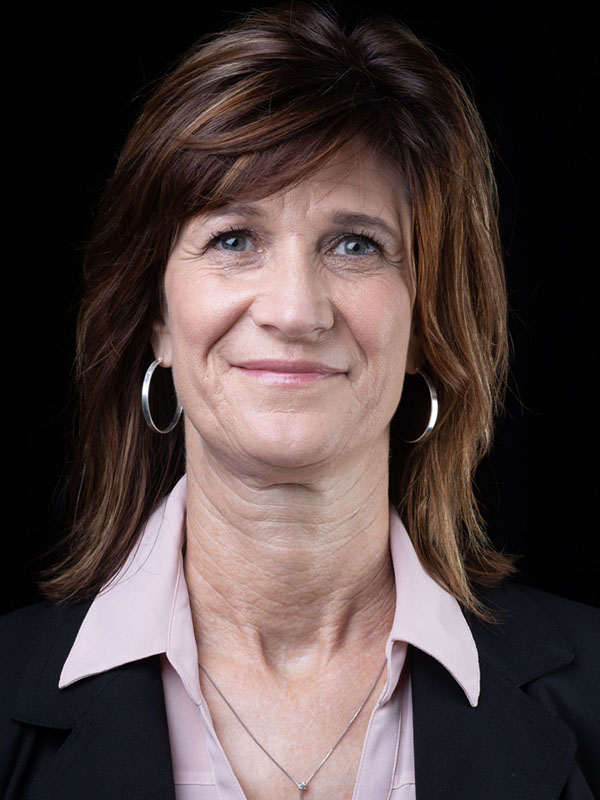
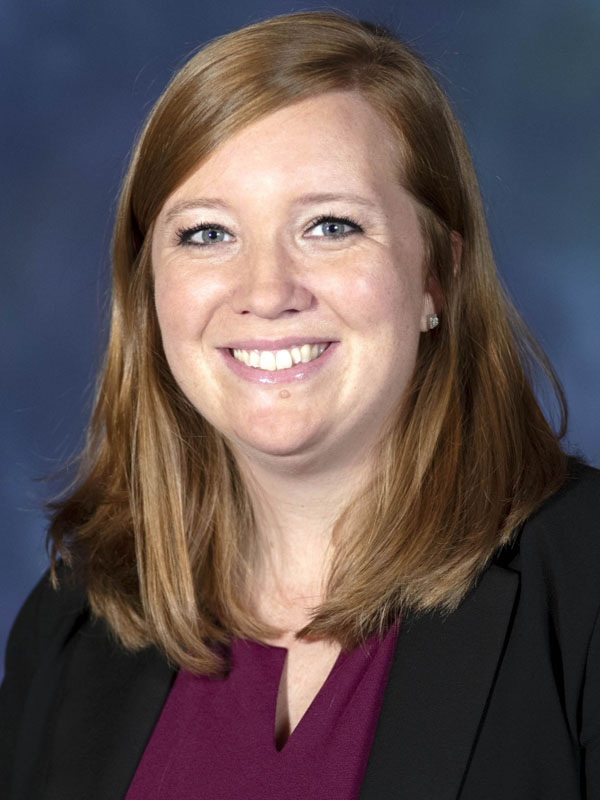
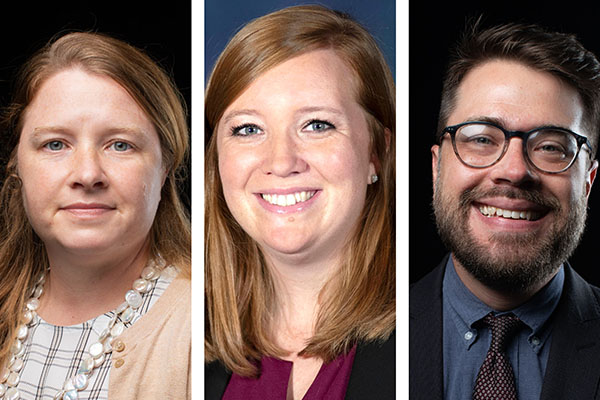



![How NCInnovation Is Rethinking Economic Development in North Carolina [faculty featured]](/_images/_posts/2026/02/rethinking-economic-development-600x400.jpg)







